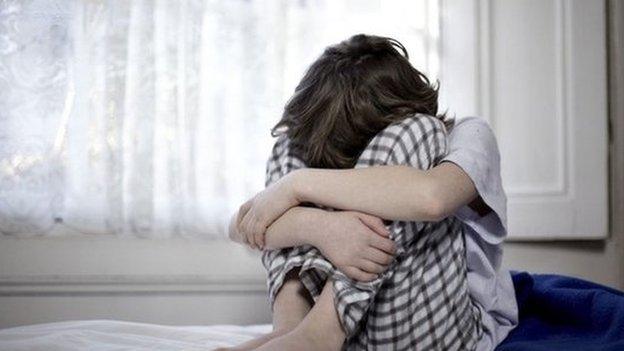Criminal record disclosure checks ruled 'unlawful'
- Published
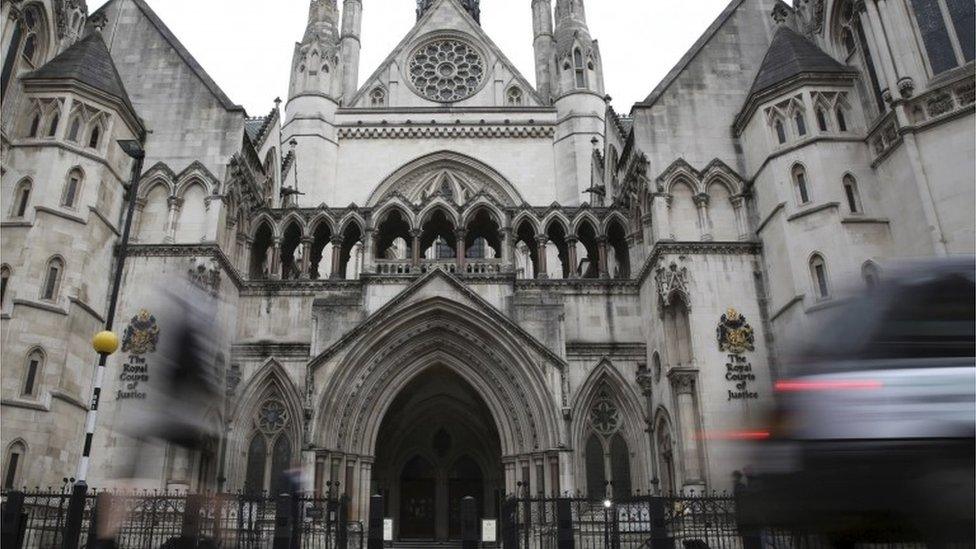
Two people who claimed their careers were being blighted by having to disclose their minor criminal convictions to employers have won their case at the High Court.
The court ruled the criminal record checks scheme used in England and Wales was "arbitrary" and unlawful.
People across the UK are forced to have their criminal record divulged when applying for certain jobs.
The Home Office said it would consider whether to appeal against the decision.
Lawyers for the pair had told the High Court that people were being unfairly disadvantaged throughout their lives by convictions for minor criminal offences committed years beforehand.
Shoplifting
One woman, referred to in court as P, was charged with shoplifting a 99p book in 1999 while suffering from a then undiagnosed mental illness. She later failed to attend court, which meant she ended up with two convictions - for which she received a conditional discharge.
The woman, 47, who now wishes to work as a teaching assistant and has sought voluntary positions in schools, argued that having to disclose her criminal record, and subsequently her medical history, was disproportionate and breached her right to privacy.
Her case was heard alongside that of another claimant, A, who was convicted of two minor thefts in 1981 and 1982 when aged 17 and 18.
He has since worked as an accountant, company finance director and is now a project manager - work that often requires due diligence and criminal record checks. He was concerned he would be forced to disclose his convictions and that his family might learn of them.
'Broken system'
Lord Justice McCombe said it was not justifiable or necessary for any individual to have minor offences disclosed indefinitely, from many years ago merely because there is more than one minor offence.
He described the results of the current system as "arbitrary" and said "where the rules are capable of producing such questionable results, on their margins, there ought, it seems to me, to be some machinery for testing the proportionality of the the interference, if the scheme is to be in accordance with the law".
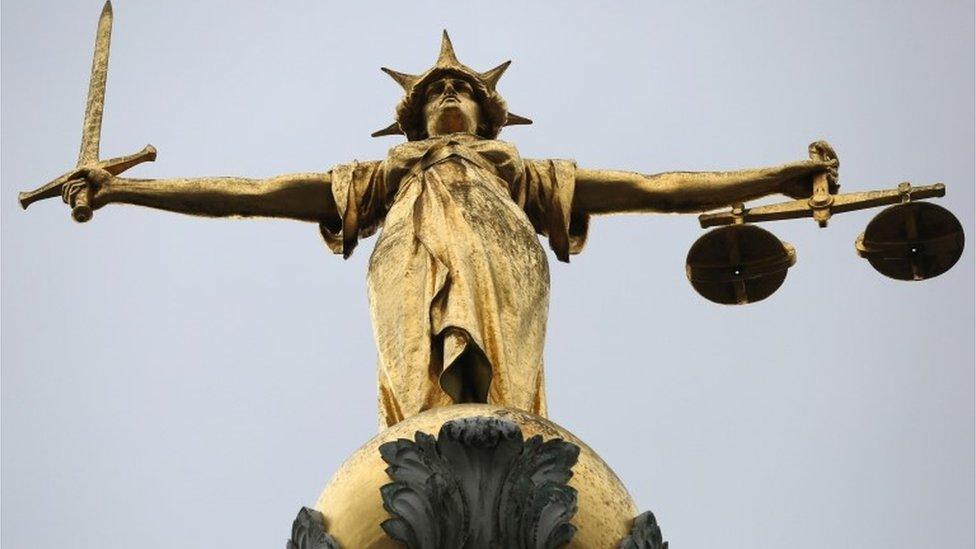
He asked the government to make submissions to address faults in the system, in advance of the court making its final order. In the meantime, the scheme will continue to operate as at present.
James Welch, legal director for Liberty, which backed P, said: "This ruling will bring reassurance for the very many people who have had their ambitions dashed because of very small mistakes they made years, or even decades, in the past.
"The government must urgently fix this broken system, which rightly allows people with a single minor offence to move on with their lives, while those with two - no matter the nature or circumstances of their crimes - cannot."
'Disappointed'
A Home Office spokesman said: "We are disappointed by the decision of the court. We will now carefully consider the content of the court's judgment and whether there are grounds for seeking leave to appeal.
"This government remains committed to protecting children and other vulnerable people by providing employers with proportionate access to criminal record information in order to support safer recruitment decisions."

What's the current system?
The Disclosure and Barring Service (DBS) replaced the Criminal Records Bureau (CRB) scheme in England and Wales. It provides details of a job applicant's previous convictions.
Scotland and Northern Ireland run similar but separate schemes.
Employers are required to use the checks when employing people for certain types of work, particularly work with children or vulnerable adults.
The standard or enhanced certificates issued by the DBS used to list all the job applicant's previous convictions.
However, in 2013, the government amended this scheme following a Court of Appeal ruling to introduce a filtering process.
Single convictions for non-violent, non-sexual offences that did not lead to a suspended or custodial sentence are not disclosed after 11 years or five and a half years if the person was under 18 at the time of the offence.
The new filtering process does not apply if a person has more than one conviction - regardless of the minor nature of the offences or the person's circumstances at the time.

- Published26 March 2013
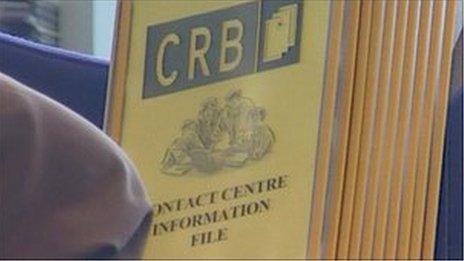
- Published28 October 2014
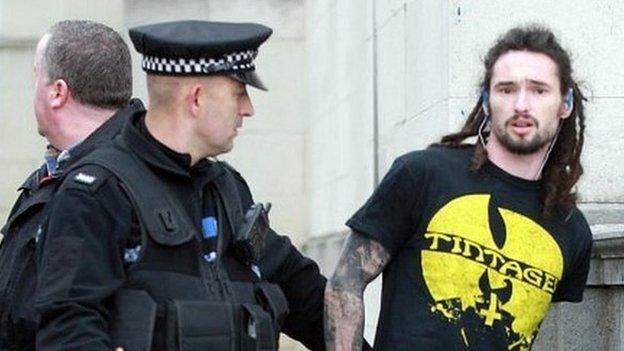
- Published24 June 2014
